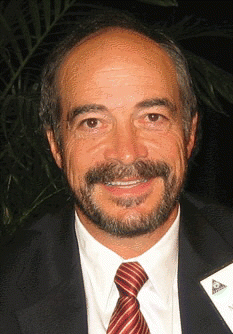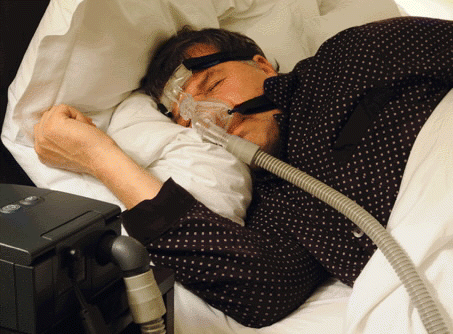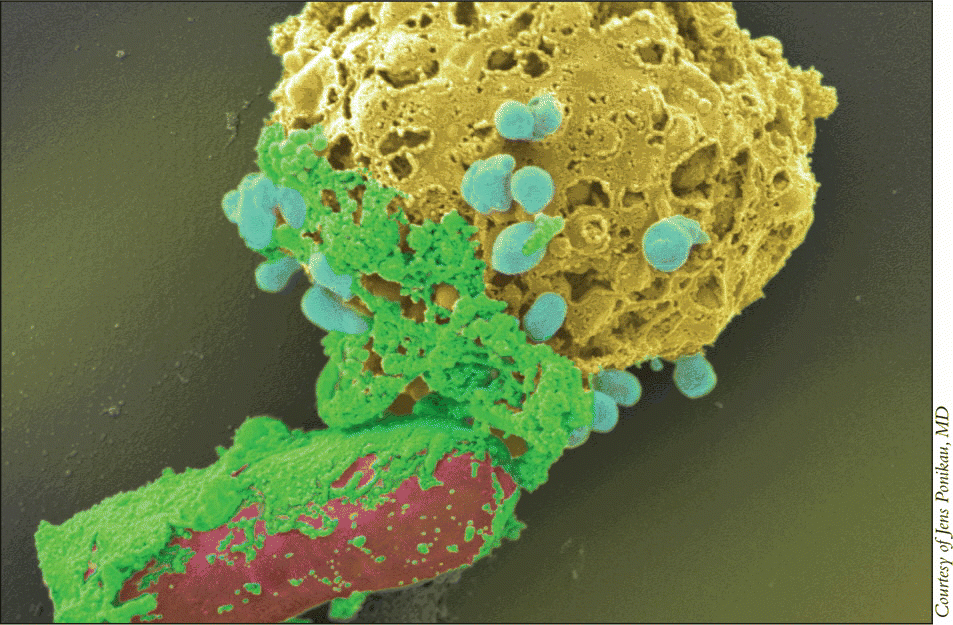PHOENIX-Medical students who use computer-assisted learning (CAL) when learning epistaxis management have superior performance over their counterparts who simply go by the book.


PHOENIX-Medical students who use computer-assisted learning (CAL) when learning epistaxis management have superior performance over their counterparts who simply go by the book.

Part 2 of 2 articles
PHILADELPHIA-Surgeons are faced with many options for approaching diseases of the sinus; the right approach is not always clear-cut. Five experts reviewed several approaches at Rhinology World held here recently, with some favoring a more aggressive approach, some preferring to be less aggressive, and others highlighting new technology.


Part 1 of 2 articles
PHILADELPHIA-Surgeons are faced with many options for approaching diseases of the sinus, and the right approach is not always clear-cut. Five experts reviewed several approaches at Rhinology World held recently here, with some favoring a more aggressive approach, some preferring to be less aggressive, and others highlighting new technology.


PHILADELPHIA-It’s a moment that rhinoplasty surgeons dread: They’ve performed a surgery, the operation is over, then they realize that something has gone wrong. To fix it, there will have to be another surgery.

PHILADELPHIA-Constantly advancing computer technology in rhinologic surgery leads to the possibility of better patient care, but also can mean difficult decisions for surgeons weighing whether to make an expensive purchase. Three surgeons gathered to discuss some of the nuances of the technology in a mini seminar at Rhinology World 2009.



Otolaryngologists, immunologists, and other physicians specializing in asthma, allergies, and additional respiratory disorders watched the 2008 Beijing Olympics with bated breath.